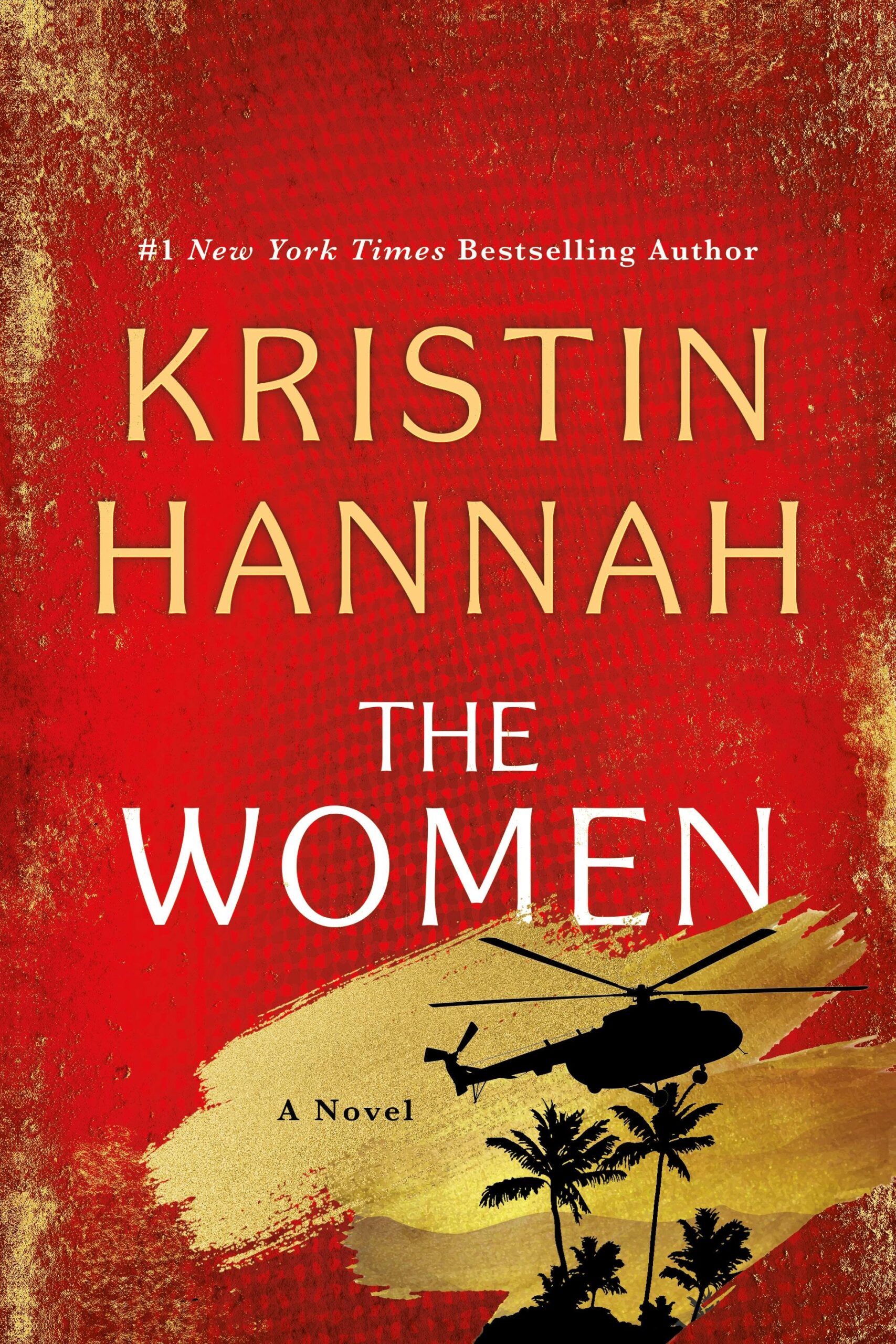- The Good: An emotional depiction of an army nurse in Vietnam
- The Bad: Unearned romances; limited perspectives
- The Literary: Often forgotten historical highlights
Frances “Frankie” McGrath is the good girl, raised and sheltered by conservative parents in a big house in Southern California. The men in their family serve in the navy, and following tradition her brother recently shipped off to Vietnam. But it’s 1965, and Frankie decides that women can be heroes too. She enlists in the Army Nurse Corps and follows her brother’s path.
Frankie’s story is a 20-year epic journey. The first half of the book only spans a couple of years — her tour in Vietnam. The setting is rich, heavy with heat and humidity, anxiety and exhaustion, and the desperation of war. I really enjoy the detail of Frankie always noting what songs are playing on the radio both during the war and after.
As Frankie is wooed by feelings of pride and patriotism, she’s surprised when her parents tell her she’s making a mistake and should back out. But Frankie finally has a purpose she believes in, and the US government paints a rosy picture of the soldiers and the war effort, so she believes she’ll be away from the real danger, safe in the hospitals.
As soon as Frankie lands in Vietnam, she realizes she’s in way over her head. Green and inexperienced, chaos and bombs and destruction surround her. She’s covered in sweat and blood every day as she watches countless men die who are too far gone to be saved. She also treats wounded Vietnamese civilians, and the worst are the women and children. Every day is a gamble of life and death.
But Frankie saves people too, lots of them. She becomes an incredible nurse. She signs up for a second year-tour because her hospital is short-staffed. She makes lifelong friendships. She learns to celebrate small moments and take joy in the people around her, because tomorrow brings the unknown.
The second half of the book is post-Vietnam. Frankie comes home to a changed and divided America, to protesters who spit on her and call her baby-killer, and to parents who told their friends she’d been studying abroad instead of fighting for their country. Frankie blends in during the day as best she can while battling nightmares every night.
This story accomplishes what it sets out to do. First, it’s a history of the women in Vietnam, and it acknowledges the sacrifices of a group that is often forgotten, who weren’t considered veterans, never mind considered for receiving medals. Second, it’s a personal story that tugs on those heartstrings. Frankie’s journey is painful; she battles addiction and PTSD and makes a lot of terrible choices, but you empathize with her the entire way. When she’s finally forced to talk to a therapist, you root for some peace for Frankie.
Unfortunately, Hannah is one of those writers who turns up the emotional knob to eleven. Most people likely won’t be bothered by this, but I don’t like when an author uses melodrama and sentimentality alone to move the plot. Not one but two men come back from the dead. The romances are simple. Frankie falls in love several times, but as a reader, you’re not sure why these particular men or why their relationship is so special, except shared trauma. Luckily, the romances are side-plots to the real story.
I do wish we could see more perspectives. Frankie has people who care about her and parents who literally give her a car and house. She suffers, but she’s also white and rich and lives in Southern California. I wish Frankie’s best friend Barb, a black woman from Georgia, had a personality other than being black.
Recommended as a pop historical fiction about one woman’s story in Vietnam.
